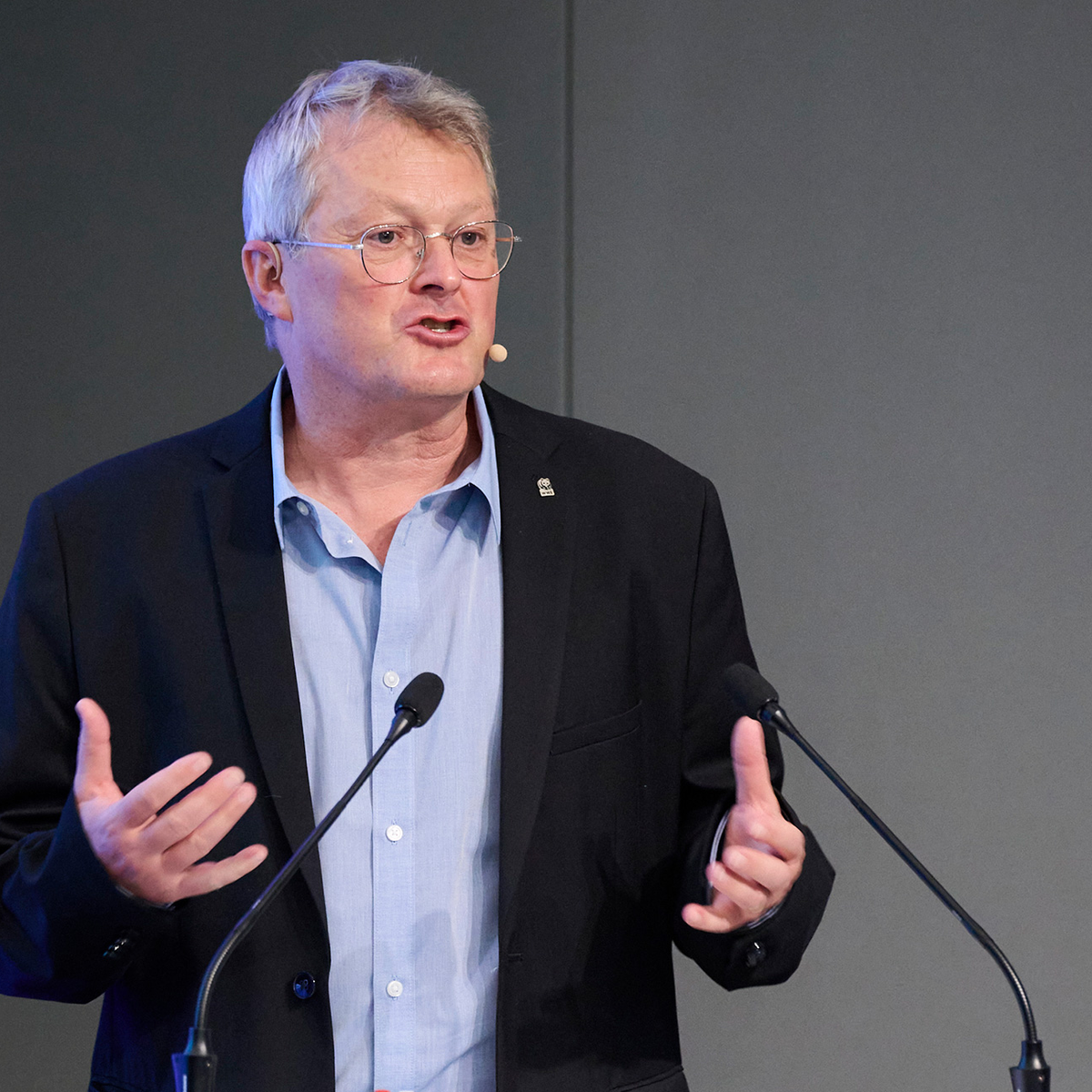Nature and climate: one and the same battle. Nature and climate: one and the same battle. Nature and climate: one and the same battle. Nature and climate: one and the same battle. Nature and climate: one and the same battle
Nature and climate: one and the same battle. Nature and climate: one and the same battle. Nature and climate: one and the same battle. Nature and climate: one and the same battle
06 October 2022
Nature and climate: one and the same battle
Forum
Human activity is as destructive for nature as it is for the climate... even if the latter, more quantifiable, dominates the conversation. Such was the message from experts speaking at the Watch Forum on sustainability, organised by Watches and Culture.
One of the takeaways from the recent Watch Forum on sustainability, organised by Watches and Culture, the cultural arm of the Fondation de la Haute Horlogerie, is that the state of biodiversity is no less a cause for alarm than the climate crisis. Representatives of two non-governmental organisations were invited to speak on the subject. First to take the stage was Damian Oettli, Head of Markets at WWF Switzerland. “Of the ten million known species, it’s a matter of survival for those in ecosystems where interactions are the most disrupted. As human beings, we too are feeling the consequences in the air we breathe, in water and other resources.”
“There are enough indicators that measure changes to the natural environment. The Living Planet Index, the Red List Index, the Species Habitat Index and the Biodiversity Intactness Index all say the same thing. One million species are currently threatened with extinction. We are facing the sixth mass extinction. Since 1970, population sizes of mammals, birds, fish, reptiles and amphibians have declined by 68%. The World Economic Forum tells us that an estimated $44 trillion of annual economic value – that’s half the world’s GDP – is dependent on nature. So what should we do? We can begin by adopting more ethical, more sustainable behaviour, as individuals and as businesses.”
Since 1970 the world has lost 68% of vertebrates.
Gérard Bos, who is former Director of the Global Business and Biodiversity Programme at the International Union for Conservation of Nature (IUCN), was next to speak. He had three messages for the audience: “Firstly, biodiversity doesn’t just refer to endangered species. It means nature as a whole. And nature is making us pay the cost of our negligence. Because we haven’t taken care of nature, an entire system is at risk of collapse. That’s my second message. So how can we reconnect with nature? The values that you, as watchmakers, defend should show the way forward for greater sustainability. Surely something rare, a beautiful watch for example, deserves to be protected and preserved? Surely the tradition of which you are so proud and which includes a strong local presence could include nature, which gives you so much inspiration? In other words, and this brings me to my third point, the values inherent to watchmaking must be used to help nature at a time when the planet is dying. Nature-based solutions stem from a simple concept, which is to solve the problems we face today without creating fresh problems for the future, never losing sight of the fact that what is good for us is good for nature, too.”
The values that watchmakers defend should show the way forward for greater sustainability.
Gérard Bos
Despite this, carbon emissions continue to dominate the now ubiquitous Environmental, Social and Governance (ESG) criteria, to Damian Oettli’s despair: “You cannot separate climate and biodiversity. It doesn’t matter that climate data is more easily quantifiable; we need to end silo thinking. Biodiversity indicators exist. Now we have to agree on what we want to measure and how.” Gérard Bos echoed these thoughts: “The climate and nature are so obviously connected, we can no longer take action in one area without taking the other into account. What impacts one impacts the other. Take mining as an example. Its effects on the environment are as important as the emissions it produces or the social issues it raises.”
You cannot separate climate and biodiversity.
Damian Oettli
For the watch industry, which experts agree has a low impact, avoiding the issue isn’t an option, especially now that initiatives to promote sustainable practices are taking shape. “Once again, we need to stop thinking in terms of high and low impact,” said Damian Oettli. “This is something that concerns every industry and everyone needs to take action, starting with transparency.” Suggestions on how to achieve this range from getting staff involved to borrowing ideas from other sectors of the economy to alliances or using celebrities and other “luxury ambassadors” as a force for change. Furthermore, it has been shown that initiatives such as these can strengthen brands’ position by driving new growth.
